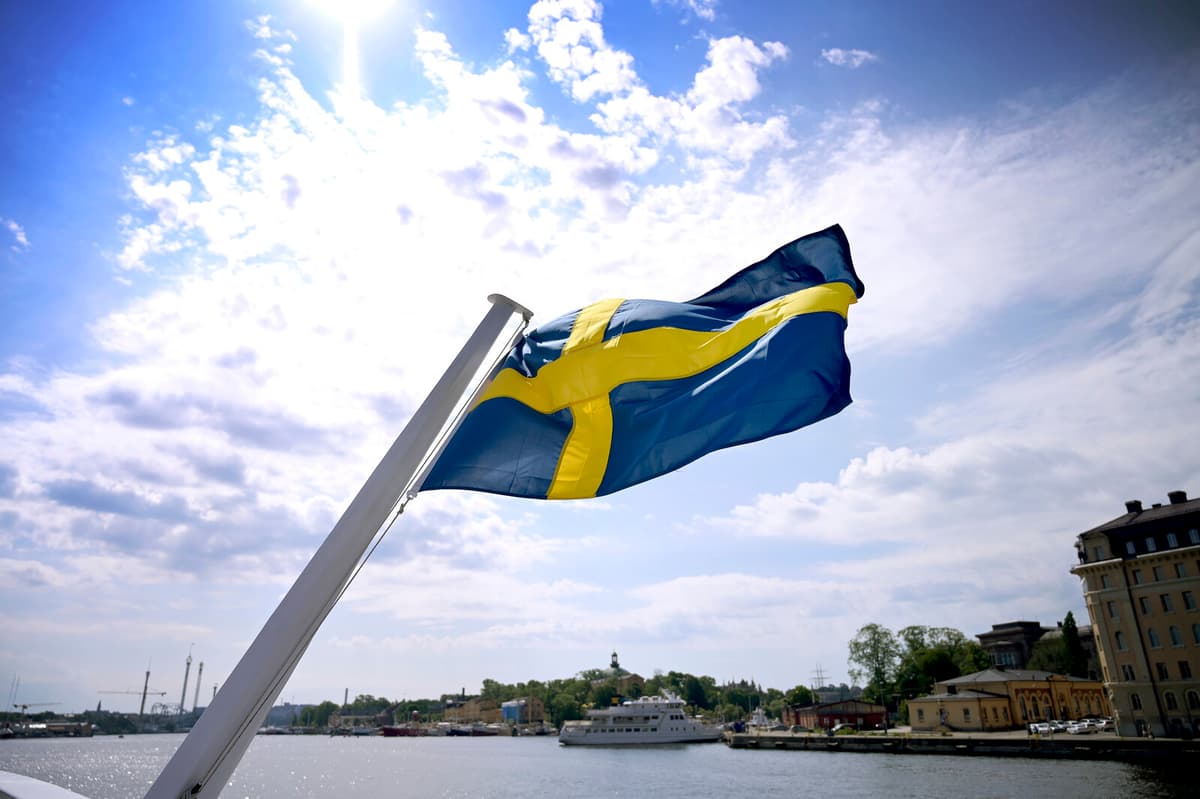The assessors had predicted an unchanged GDP in February compared to January, according to Bloomberg's prognosis compilation. In annual terms, the decline was 0.3 percent.
"Swedish economic activity decreased in February with lower production among the business sector's service providers and within public authorities", says Mattias Kain Wyatt, national economist at SCB, in a press release.
On the other hand, household consumption increased by 1.1 percent in February compared to the previous month, according to a separate press release from SCB. Over a year, household consumption has increased by 2.3 percent.
"Strange"
The GDP figure is weaker than expected, according to Swedbank's chief economist Mattias Persson.
What is surprising is primarily what is pulling down production on the public side, he believes.
The composition was strange, one can say, and it is still a weak economy.
At the same time, there are positive signals, Persson believes. But the risk is that March will change the picture.
In February, there was obviously a willingness to consume among households, and we have been waiting for that for a very long time.
Interest rate cut?
Households' expectations and confidence in their own economy and the economy going forward deteriorated significantly in the latest barometer.
So it means that the Swedish economy will develop a bit slower than we had hoped for and believed, says Persson.
At the same time, it opens up for the Swedish Central Bank to take action, Persson believes. According to Swedbank's prognosis, the Swedish Central Bank will lower the interest rate at least once more in August.






